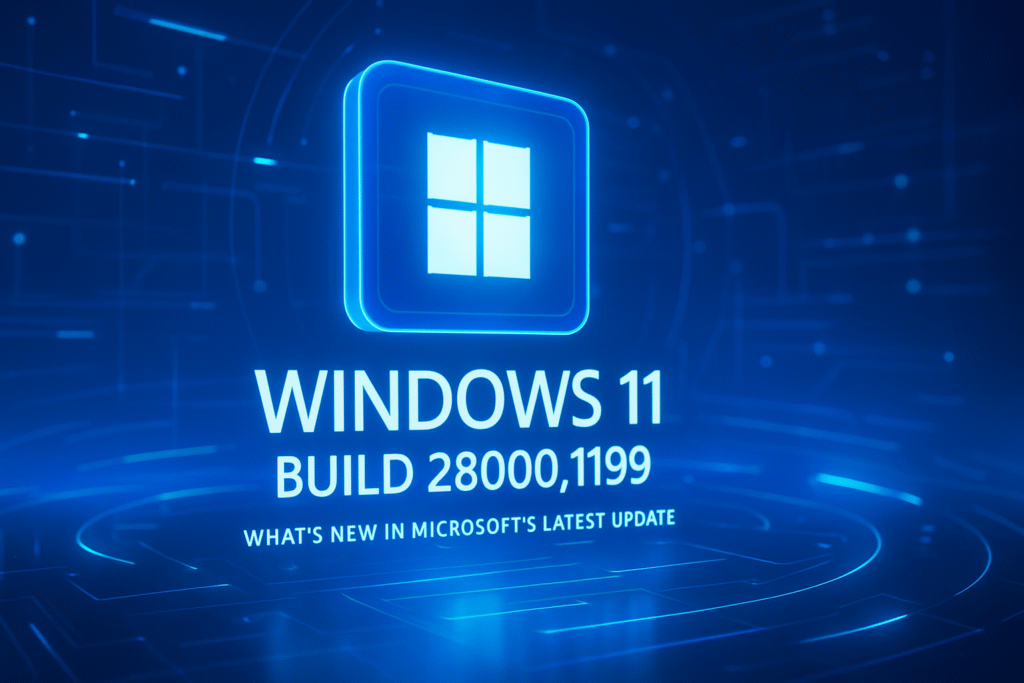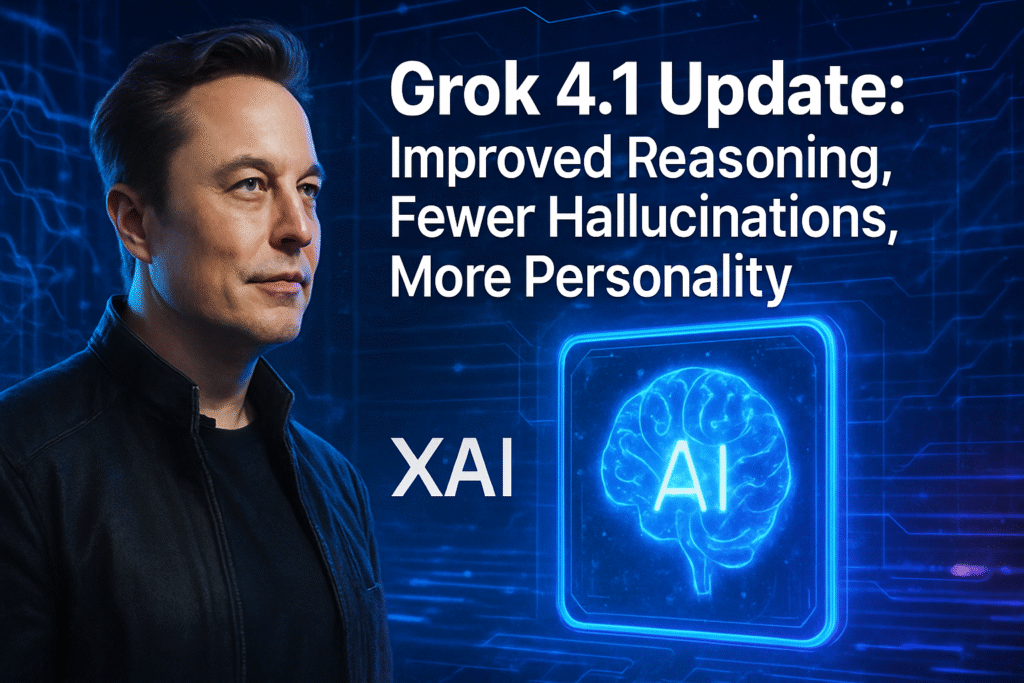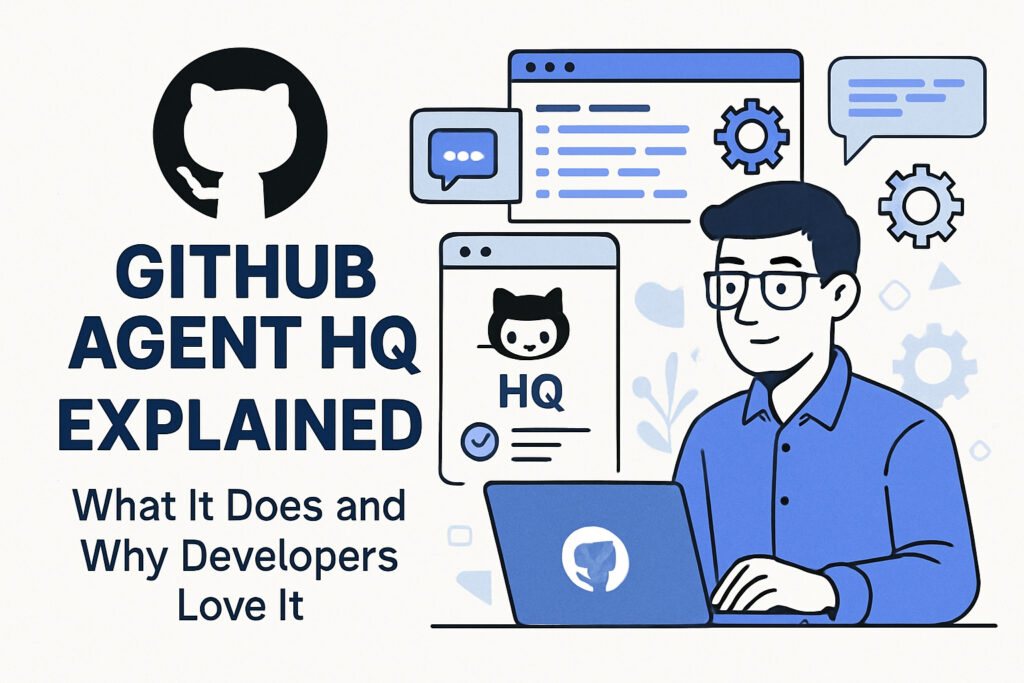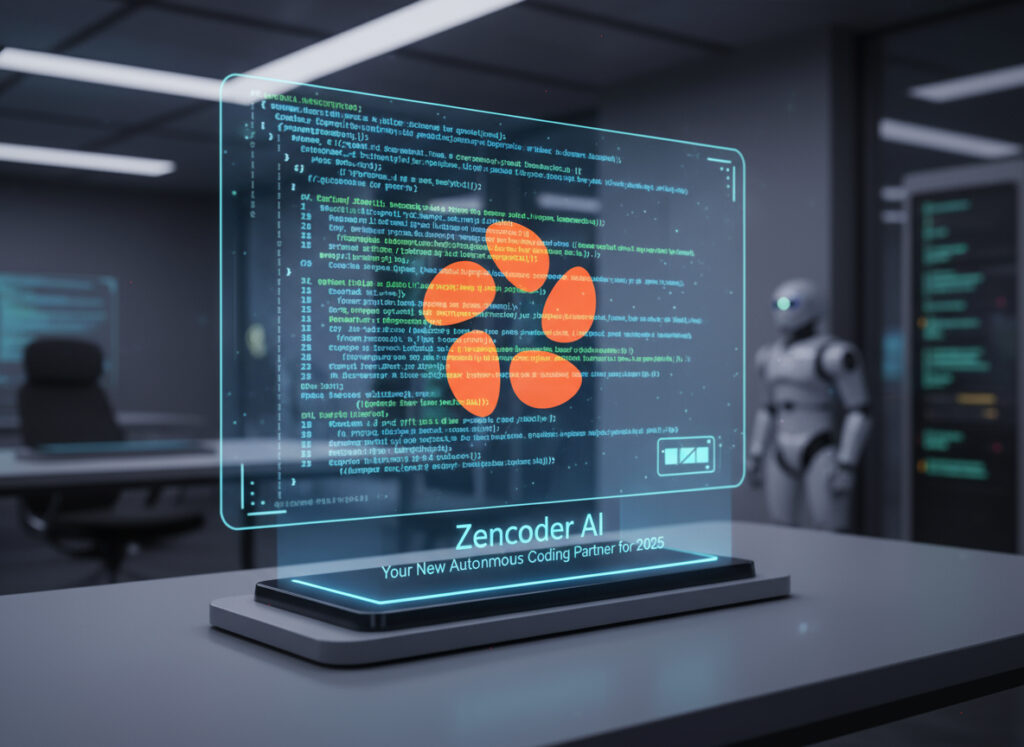
The indie game development scene has exploded in recent years, giving rise to innovative projects that rival the output of larger studios. However, the process of creating a game is rarely a solo effort. Even the smallest teams must balance storytelling, programming, art, sound design, and marketing. This complexity makes collaboration essential—and that’s where collaborative platforms come in.
From project management tools to code-sharing platforms, indie developers now have access to a range of digital solutions that enable seamless teamwork, even when collaborators are scattered around the globe. This article explores the most effective collaborative platforms for indie game development, their benefits, and how they’re reshaping the way indie games are built.
Why Collaboration Is Crucial for Indie Game Development
Indie developers often work with limited budgets and smaller teams, which means every contributor plays a critical role. Unlike large studios with in-house departments, indie teams must rely on efficient collaboration to:
- Combine diverse skills – Artists, programmers, writers, and sound designers must synchronize their efforts.
- Save time and money – Efficient teamwork prevents duplicated efforts and costly mistakes.
- Manage remote contributors – Many indie devs collaborate across different time zones and regions.
- Increase productivity – Transparent workflows keep everyone aligned with milestones and deadlines.
- Boost creativity – Brainstorming and sharing resources online leads to innovative ideas.
Key Types of Collaborative Platforms
Indie game developers use a wide variety of platforms depending on the project’s scale and needs. The most common categories include:
1. Project Management Platforms
These tools help keep track of tasks, deadlines, and responsibilities. Popular choices include:
- Trello – A visual Kanban board system ideal for organizing small to medium-sized game projects.
- Asana – Provides detailed project tracking with timelines and task dependencies.
- ClickUp – Combines task management, documentation, and chat features in one space.
For indie game teams, project management platforms ensure clarity and accountability across all roles.
2. Version Control Systems
Game development often requires multiple people editing code and assets simultaneously. Version control systems prevent conflicts and maintain project history.
- GitHub – Widely used for hosting code, sharing repositories, and managing collaborative projects.
- GitLab – Similar to GitHub, with built-in CI/CD pipelines for automated testing.
- Bitbucket – Offers flexible workflows and private repositories for small teams.
These tools are essential to maintain clean, secure, and organized codebases.
3. Art and Asset Collaboration Tools
Since visuals are a major part of games, artists need platforms to share and iterate on assets.
- Figma – Collaborative interface design tool, great for UI and concept art planning.
- Miro – Digital whiteboard for brainstorming storyboards, character sketches, or level design.
- Adobe Creative Cloud Libraries – Enable real-time asset sharing across Adobe tools.
For indie developers, these platforms foster creativity and ensure a unified artistic direction.
4. Communication Platforms
Clear communication keeps indie teams agile. Some top tools are:
- Discord – A staple in the indie game community for chat, voice, and file sharing.
- Slack – Professional messaging with integrations for task management and notifications.
- Zoom / Google Meet – Useful for regular video meetings or brainstorming sessions.
These platforms are vital to maintain constant feedback loops.
5. Collaborative Coding and Game Engines
Some platforms directly integrate coding, design, and asset management into a single workflow.
- Unity Collaborate (now Unity Plastic SCM) – Simplifies version control and collaboration within Unity projects.
- Unreal Engine’s Multi-User Editing – Allows multiple developers to work on the same environment simultaneously.
- Godot with Git Integration – Open-source engine that works well with version control for collaborative coding.
Such tools reduce friction and allow devs to focus on building rather than troubleshooting.
Benefits of Using Collaborative Platforms for Indie Developers
- Faster Development Cycles – With tasks distributed and tracked, deadlines become more achievable.
- Reduced Errors – Version control and shared assets prevent overwriting or losing important work.
- Stronger Community Support – Many platforms offer communities where developers can troubleshoot and learn together.
- Remote-Friendly Workflows – Tools allow indie teams to collaborate from anywhere in the world.
- Cost-Effective Solutions – Most platforms have free or affordable tiers designed for small teams.
Challenges and How to Overcome Them
While collaborative platforms offer major advantages, indie developers must also navigate some challenges:
- Learning Curve – Tools like GitHub can be intimidating for beginners.
- Internet Dependency – Remote collaboration relies heavily on stable connections.
- Too Many Tools – Using too many platforms at once can create confusion.
Solution: Choose a minimal, integrated toolset. For example, pair GitHub for code, Trello for project management, and Discord for communication. This reduces redundancy and streamlines collaboration.
Real Examples of Successful Indie Collaborations
- Celeste – A small team used version control and collaborative tools to manage art, code, and music seamlessly.
- Stardew Valley Mods – While the original game was developed solo, its thriving modding community relies heavily on GitHub and Discord for collaboration.
- Among Us – The team expanded the game with constant communication and rapid feedback loops facilitated by collaboration platforms.
These examples show that even small indie teams can achieve global success with the right collaborative tools.
Future of Collaborative Platforms in Game Development
As technology evolves, collaborative platforms are expected to integrate AI-driven features, real-time asset synchronization, and immersive VR-based design environments. Imagine a future where indie teams meet in a shared 3D space to co-design levels in real time.
Additionally, cloud-based game engines and blockchain-backed asset sharing are gaining traction, promising new ways to collaborate and distribute creative work.
Conclusion
For indie game developers, collaboration is no longer optional—it’s a necessity. Whether managing a team of two or twenty, leveraging the right platforms can transform the development process, turning ambitious ideas into successful, playable realities.
By strategically using project management tools, version control systems, art collaboration platforms, and communication apps, indie teams can overcome resource limitations and compete with larger studios. The future of indie game development belongs to those who collaborate effectively—and collaborative platforms are the foundation of that success.





